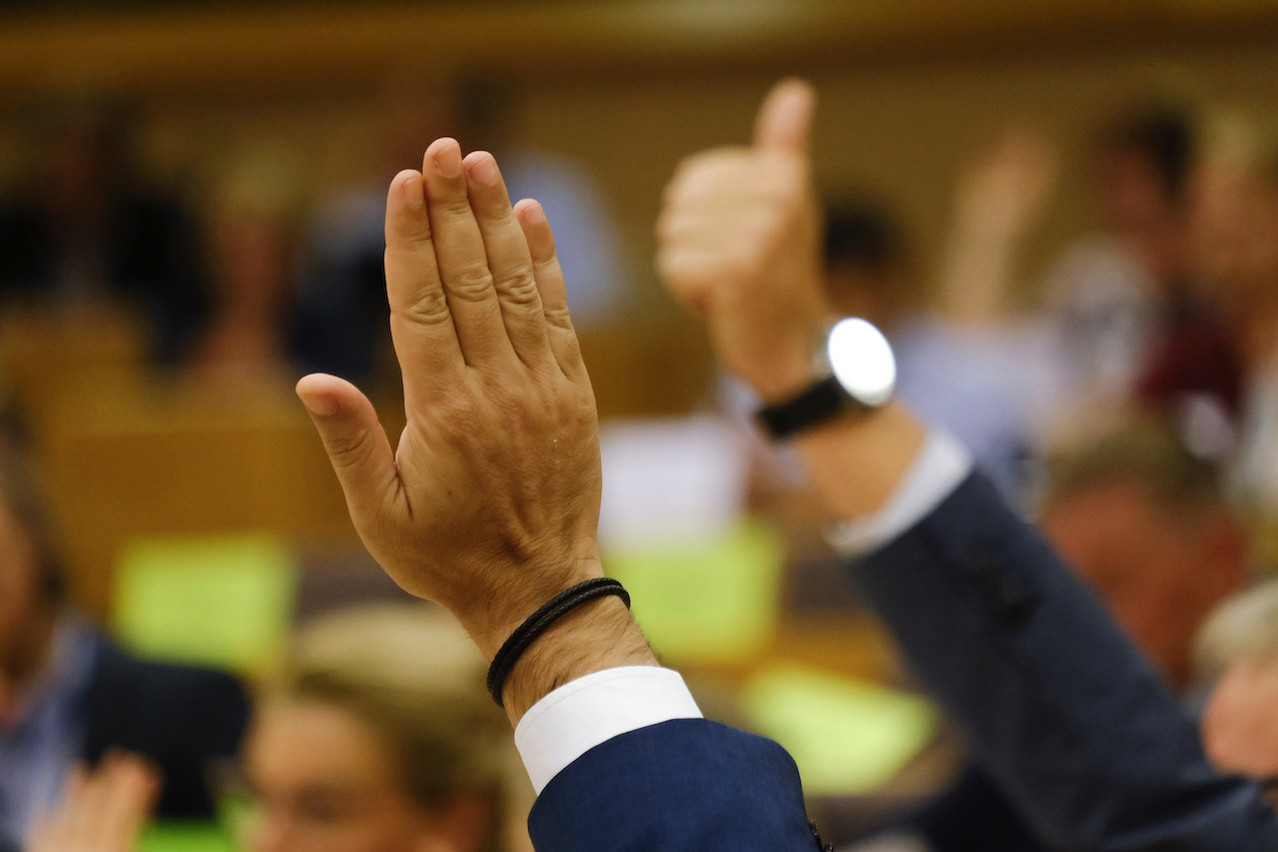At the opening of the European Parliament’s plenary session on Monday 10 March, MEPs examined the Omnibus Directive , the provisions of which have yet to be adopted by the EU council and parliament. The proposal has given rise to intense controversy in political and economic circles.
Two camps have emerged. On the one hand, there are those who see the European executive’s initiative as a step backwards in terms of the regulatory gains made in favour of the ecological transition and respect for human rights. On the other, there are those for whom the omnibus directive restores flexibility and responsibility to companies in leading sustainable transformations.
The European Commission’s own motivations appear difficult to reconcile: to encourage a more agile and competitive Europe in a changing world without this “simplification shock” jeopardising its ambition to make Europe a leader in ecological transition and respect for human rights. To achieve this, the commission must convince MEPs that competitiveness and the ecological transition or respect for human rights should not be pitted against each other, and that sustainability is an essential determinant of competitiveness.
This brings us back to a central question: the degree of confidence to be placed in economic players as regards their ability to maintain their level of commitment to ecological and social transition.
EPP at an impasse
The EPP has complete confidence in businesses. The simplification of administrative procedures is one of the hobbyhorses of all the national parties that make up the EPP. This is the case in Luxembourg, where the Frieden government has made it a major focus of its policy. For Martine Kemp (EPP/CSV), the party’s aim is to reduce the administrative burden on businesses by 25%, and even more for SMEs. But “reducing unnecessary administrative obligations does not mean giving up important control or responsibility.”
The EPP is calling for the urgent procedure to be applied in the European Parliament to speed up the adoption of the text. Speaking from the rostrum, EPP MEP Tomas Tobé also called for “more progress” on the issue and said he was ready to work with everyone. Should this be seen as an opening for a change of alliances? Kemp doesn’t think so. “It is important that we find a broad consensus within the European Parliament on the omnibus. To achieve this consensus, dialogue is essential. However, this does not mean that it will result in structural collaboration, but rather a commitment to a strong and united European Union.”
So, a majority of circumstances. Not enough to reassure the other two parties that currently make up the commission’s majority in the European Parliament. Parties that have relative confidence in the limits of corporate goodwill. They insist on maintaining controls. While the S&D (European Socialists) is in favour of administrative simplification, it believes that this is not the objective of the omnibus directive, which is openly a deregulation text. If there is any simplification, “it is a simplification of the debate.” For the Greens, the omnibus is a massive deregulation that undermines the green transition and penalises companies that were on the path to change.
For Renew (Liberal), negotiations are needed to ensure that the simplification contained in the commission’s proposal is not a prelude to deregulation. Pascal Canfin (Renew) called on the EPP to negotiate. “You have the choice between intelligent simplification with us or the chainsaw with the far right,” he insisted.
For the ECR, “the omnibus is an insufficient step.” The party condemns the accumulation of European regulatory texts and calls for “the removal of obligations from all companies.” So much for the chainsaw. For their part, the Patriots for Europe (PFE) and the Europe of Sovereign Nations Group (ESN) are talking about a smoke and mirrors text.
Civil society remains mobilised
Outside the European Parliament, 400 civil society associations--including the Luxembourg platform Initiative pour un devoir de vigilance, --have come together to put pressure on MEPs.
In a joint statement, they “urge” the Council of the EU and the European Parliament to ensure that, during the forthcoming legislative negotiations, any amendments aimed at weakening the Corporate Sustainability Due Diligence Directive (CSDDD) are rejected. “Any discussion should be strictly limited to interpretative measures such as guidelines and delegated acts, while the text itself should not be subject to any revision. As far as the Corporate Sustainability Reporting Directive (CSRD) is concerned, the European Parliament and Council should lower the thresholds of companies falling within the scope and give medium-sized companies proportionate obligations.”
This article was originally published in .
